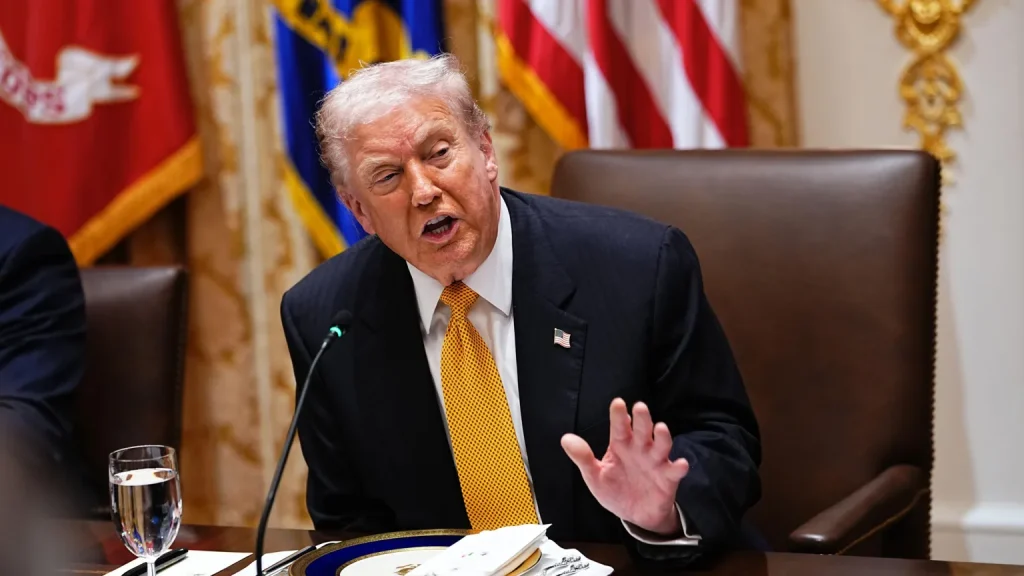In a statement posted on his Truth Social account, Trump said it was a “total disgrace” for South Africa to host the gathering of the world’s major economies in Johannesburg, accusing the country of allowing “killings” and “illegal confiscation” of land belonging to Afrikaners — claims that South African authorities and analysts say have no basis in fact.
The South African foreign ministry called Washington’s decision “regrettable,” stressing that the portrayal of Afrikaners as an exclusively white ethnic group was historically inaccurate, and that the country’s white minority is not facing persecution.
The boycott marks a sharp escalation in tensions between Washington and Pretoria.
White House Shifts Position
Trump had previously indicated he would not attend the summit personally and planned to send Vice President JD Vance. On Thursday, the White House confirmed that no US government representative will participate at all.
The move follows Trump’s repeated accusations since returning to office in January that South Africa discriminates against its white citizens. In May, he confronted President Cyril Ramaphosa in the Oval Office over these claims.
The administration has since granted refugee status to some Afrikaners, asserting that a “genocide” is underway — a position contradicted by South Africa’s courts, independent researchers, and the UN. Pretoria notes that the small number of South Africans applying for the programme reflects the lack of evidence for such abuses.
South Africa Pushes Back
In its latest statement, the South African government said:
“The claim that this community faces persecution is not substantiated by fact,” adding that domestic courts had previously ruled such allegations as “imagined.”
Pretoria emphasized that all racial groups in the country — including Black, Coloured, Indian, and white communities — remain protected under the constitution.
What This Means for the G20
South Africa is hosting the G20 for the first time, with the African Union now a permanent member of the bloc. The summit is expected to focus on global economic recovery, debt relief for developing nations, and reform of international financial institutions.
South Africa is still preparing to welcome other heads of state, despite Washington’s boycott. The US is scheduled to host the G20 next year.
The G20, established in 1999 after the Asian financial crisis, represents more than 85% of global economic output. Leaders have met annually since 2008 to coordinate economic responses and address global crises.



